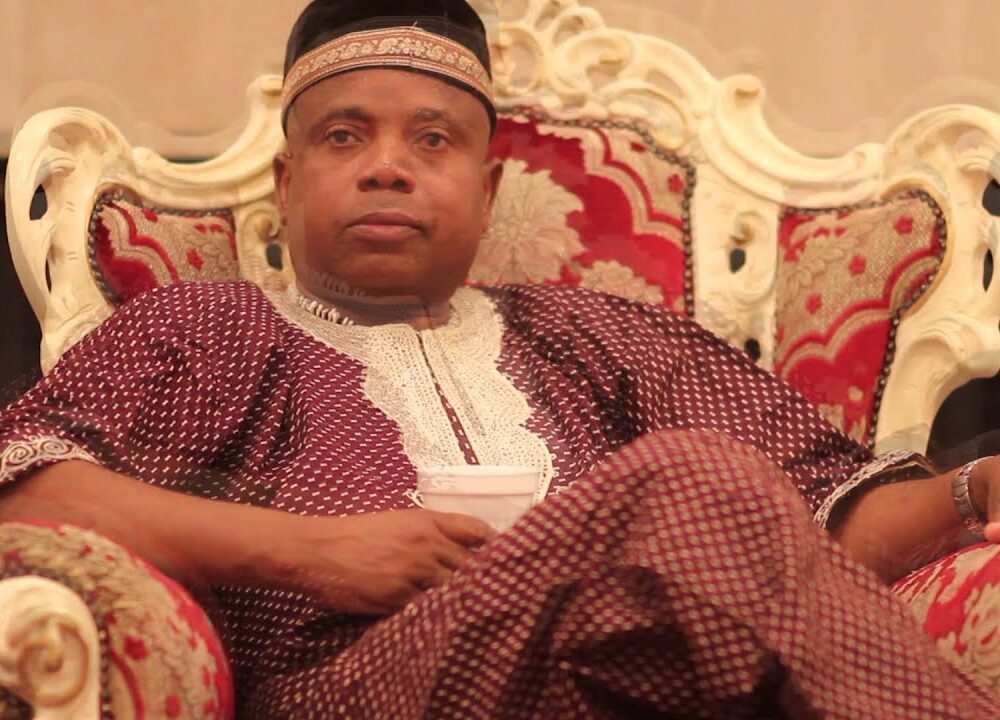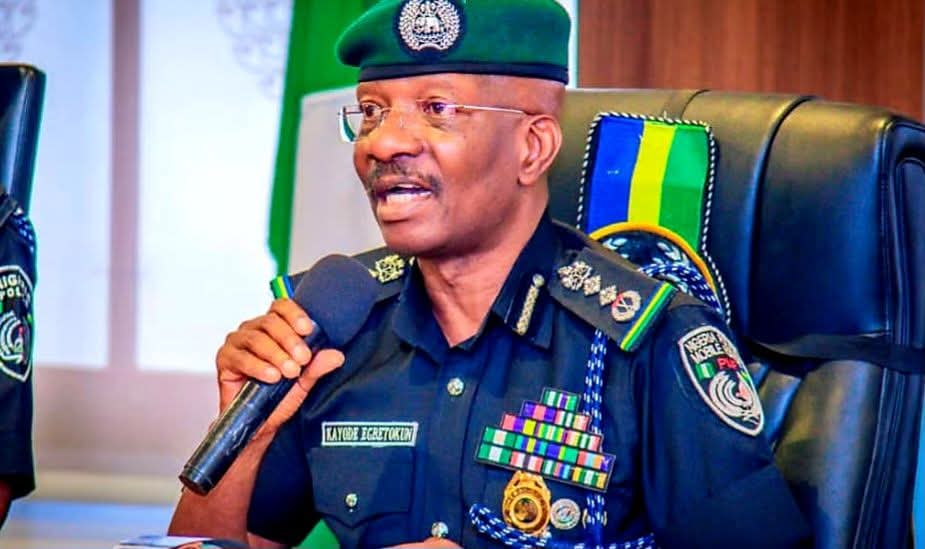In recent years, the role of public relations in the context of law enforcement has increased significantly, with clear indications that strategic communication can greatly enhance public trust and cooperation. A prominent example of this transformation is observed in the work of ACP Muyiwa Adejobi with the Nigeria Police Force.
In this writeups, I will be examining and analyzing how Muyiwa Adejobi has influenced and transformed the public relations structure within the Nigeria Police Force. I aim to explore the changes and improvements initiated under his leadership and evaluate their impact on the force’s public image and community engagement as well as operational effectiveness within the Force.
The relationship between law enforcement agencies and the public in Nigeria has historically been complex, marked by distrust and skepticism. For many years, the Nigeria Police Force faced numerous challenges regarding public perception, largely due to incidents of misconduct, lack of transparency, and poor communication strategies.
Recognizing these challenges, Muyiwa Adejobi, in his capacity as the Force’s Public Relations Officer, embarked on a mission to revolutionize this narrative through innovative public relations tactics.
Adejobi introduced several key strategies aimed at enhancing the transparency and accountability of the Nigeria Police Force. His approach was multifaceted, involving both traditional media and digital platforms to create a more engaged and informed public.
Adejobi championed the use of social media platforms to directly communicate with the public.
By doing so, he not only provided real-time updates on police activities but also created a channel for citizens to voice their concerns and report issues. This move helped bridge the gap between the Force and the community, enabling more responsive policing.
A cornerstone of Adejobi’s strategy was to increase the transparency of police operations. He regularly shared updates on ongoing investigations, outcomes of police interventions, and reforms within the Force. By making this information easily accessible, Adejobi reduced misinformation and speculation, fostering a sense of trust.
Recognizing the importance of community relations, Adejobi facilitated initiatives that encouraged dialogue between the police and the communities they serve. This included town hall meetings, workshops, and collaborations with community leaders, which allowed for open discussions on security concerns and expectations.
Adejobi advocated for continuous training of police officers in public relations and human rights. By equipping officers with the necessary skills to interact positively with the public, he worked towards improving the overall image of the Force and its effectiveness in civil interactions.
The introduction of these initiatives under Adejobi’s leadership has had a profound impact on how the Nigeria Police Force is perceived both nationally and internationally. Trust in the Force has increased, as reflected in improved cooperation from the public in crime prevention and resolution efforts.
Citizens have become more inclined to report crimes and suspicious activities, knowing that their interactions with the police will be handled professionally.
Furthermore, the emphasis on transparency and accountability has contributed to a decrease in incidents of police misconduct, as officers are more aware of the increased scrutiny from both the media and the communities they serve.
The success of Adejobi’s strategies serves as a model for other law enforcement agencies across the globe, highlighting the critical role of effective public relations in modern policing.
In conclusion, Muyiwa Adejobi’s contributions to the Nigeria Police Force underscore the transformative power of strategic public relations in law enforcement.
By fostering transparency, accessibility, and community engagement, Adejobi has not only improved the public image of the Force but also enhanced its operational effectiveness and relationship with the community.
As law enforcement agencies around the globe work through intricate social dynamics, the analysis of Adejobi’s impact provides important insights into utilizing communication as a means for positive transformation.
Dr. Afolabi Olajuwon is a Fellow of the Nigerian Institute of Public Relations, Fellow of the Institute of Management Consultants, Fellow of the Chronicle Business School, Abuja, a Researcher and resource person at the International Institute of Journalism, Abuja.





